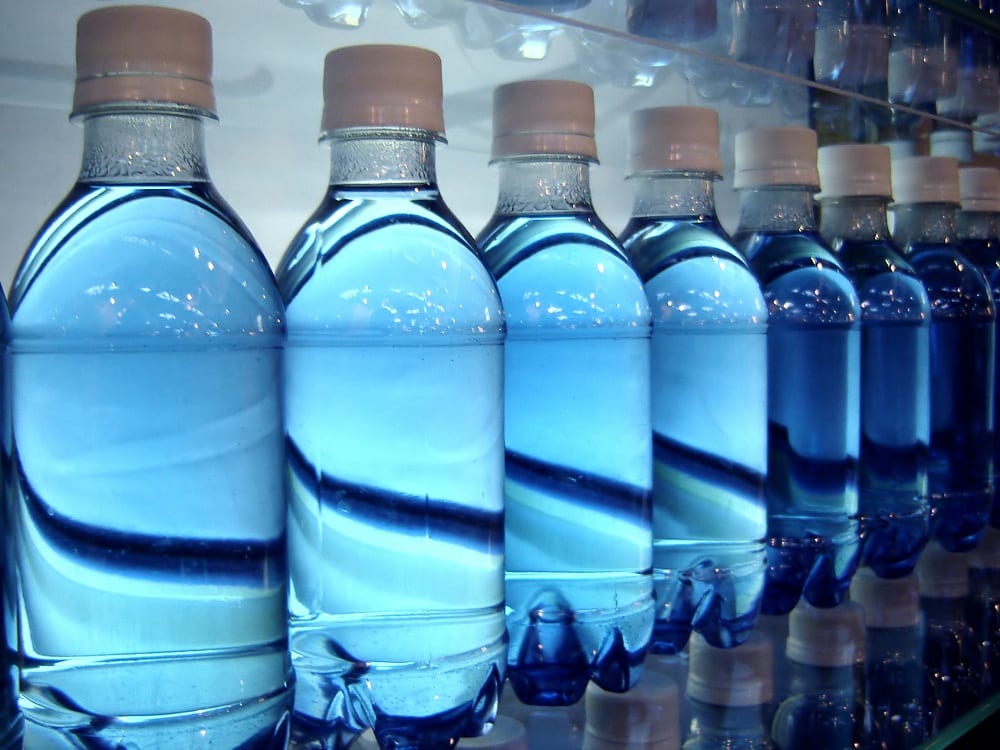A young pioneer company in the field of bioplasturgy, Carbios, has now announced the successful completion of its Thanaplast program which has brought together academic and industrial partners to ensure that the biotech’s bioprocesses are ready to be taken large-scale.
Right from the beginning in 2012, 60 scientists have been involved to ensure the development of Carbios’ bioprocesses. Carried out over 5 years, this collaborative project has just been successfully completed in accordance with the initial timing and objectives.
The completion of this fifth and final stage of the project has enabled a milestone payment of €1M from Bpifrance, boosting its stock price by over 3%.
The Thanaplast project accounts for a budget of €22 million over 5 years, including €15 million directly raised by Carbios. Financing support from Bpifrance represents €9 million, of which €6.8 million were directly allocated to CARBIOS in successive installments at the completion of the five key stages of the project.
During the final key stage, Carbios published several announcements on successful developments of its technologies. In the field of biorecycling, Carbios demonstrated its ability to synthetize PET oligomers made out of terephthalic acid coming from its biorecycling process of PET plastic bottles, and then to produce virgin PET from post-consumer PET plastic bottles
treated by enzymatic hydrolysis. Beyond these results comforting the technological value of the innovations developed with the Thanaplast project partners, Carbios pursued the industrialization of its biodegradation process through the joint-venture CARBIOLICE, created in 2016 with Limagrain Céréales Ingrédients and the SPI funds run by Bpifrance.Alain Marty, Scientific Director of Carbios, is delighted of the success of the Thanaplast project: “This 5-year research and development program has led to the emergence of two valorization routes for plastics end-of-life: the biodegradation of PLA-based plastics and the recycling of PET, the predominant plastic in our bottles and trays. Highly specific enzymes have been discovered and optimized to enable their introduction at a very high temperature within a plastic and to improve their catalytic properties. This work has led to the development of very innovative processes whose industrial implementation is already conducted within CARBIOLICE since 2016. Our next step will be to launch a PET biorecycling pilot plant. Thank you to everyone who contributed to these successes.”
“Through this major collaborative project, our ambition was to bring together the best academic and private scientists to introduce a real breakthrough technology in the world of plastics. The work of the teams involved in the Thanaplast program has produced remarkable results and I particularly want to thank our partners for their implication. We are now in the industrial scale-up stage of our processes to make these innovations concrete and engage a major change in the way we handle plastics life-cycle”, concluded Jean-Claude Lumaret, CEO of Carbios.






























